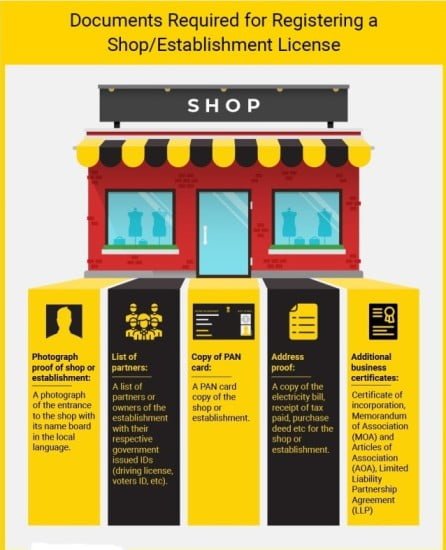Bring Excellency With Our Expertise
Our dynamic and energetic team always strives to work to bring the best possible for your team. From the scratch we plan, organize, and create seamless human resource solutions for you.




Our dynamic and energetic team always strives to work to bring the best possible for your team. From the scratch we plan, organize, and create seamless human resource solutions for you.




Enquiry@hrhelp.in
Overview of the Shop and Establishment Act
The Act applies to shops, commercial establishments, hotels, restaurants, theatres, and other workplaces that are not covered under the Factories Act. Each state in India has its own version of the Act, such as the Delhi Shops and Establishments Act, 1954, which governs businesses in Delhi.




Key Features.

Registration Process


Would you like me to tailor this further for your website or highlight specific details?



These Documents are required for Shop and Establishment Registration


Frequently Asked Question
“Establishment” means a shop, commercial establishment, residential hotel, restaurant, eating house, theatre, or other place of public amusement or entertainment to which this Act applies and includes such other establishment as the [State] Government may, by notification in the Official Gazette, declare to be an establishment for the purposes of this Act.
Shops Act Application is mandatory in some cases for businesses, as long as they qualify as an “Establishment” under the Shops and Establishment Act.
So if you run a business in Maharashtra, you need to obtain Shop Act License under Bombay Shops and Establishments Act, 2018.
No, unfortunately.
There are different laws for different regions in the country. So in addition to the Bombay Shops and Establishments Act, 2018 which we looked at earlier, there is the Delhi Shops and Establishments Act, 1954 and the Karnataka Shops and Establishments Act, 1961 among many, many others.
So before you register, you need to check the applicable law which affects you. In some cases, a single law may apply across States. Many laws created for the erstwhile State of Bombay apply to Gujarat and the Union Territories nearby. While some states like Manipur have their own Shops and Establishments Acts, some Northeast Indian states share a single law for Shops and Establishments Registration.
We’re happy to give you a free estimate. Call or email us today.


We treat our customers as our partners. That helps them explain their ideas fluently and grow their organization to the fullest with the best support.


Hear What Our Clients Are Saying About Working With Our Team.

“I came up with the idea to develop a useful app that will bring smiles to millions of minds. The team of HR Help Team has heard my side of the story and turned that into an interactive application. I will suggest this company as well.”
Mario Speedwogan
May 21, 2020